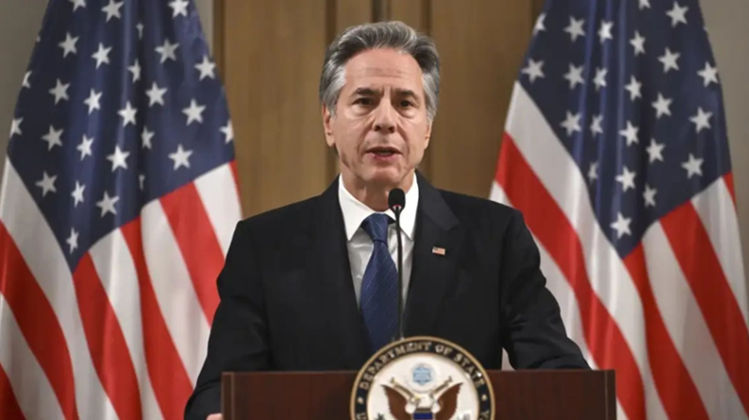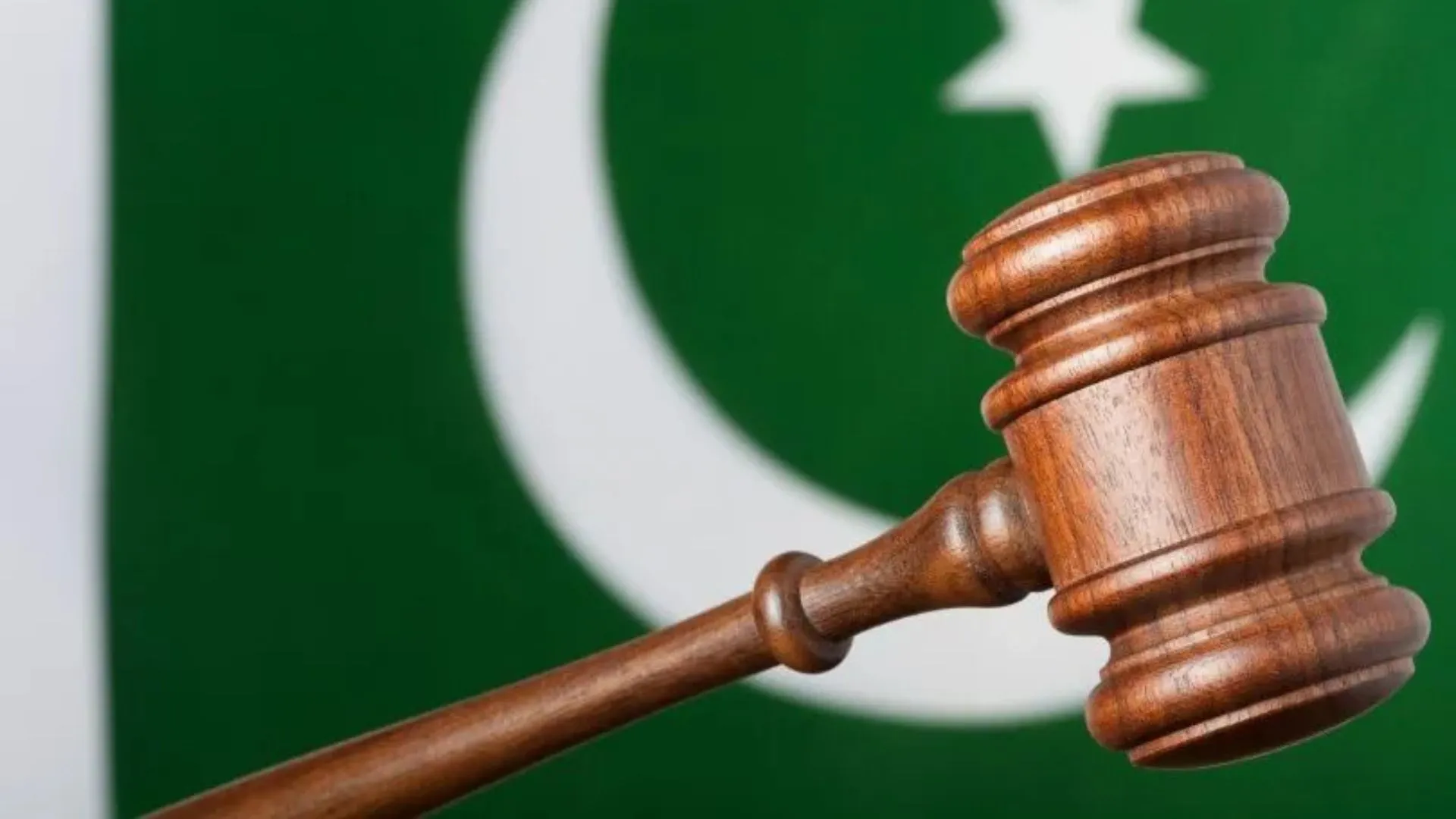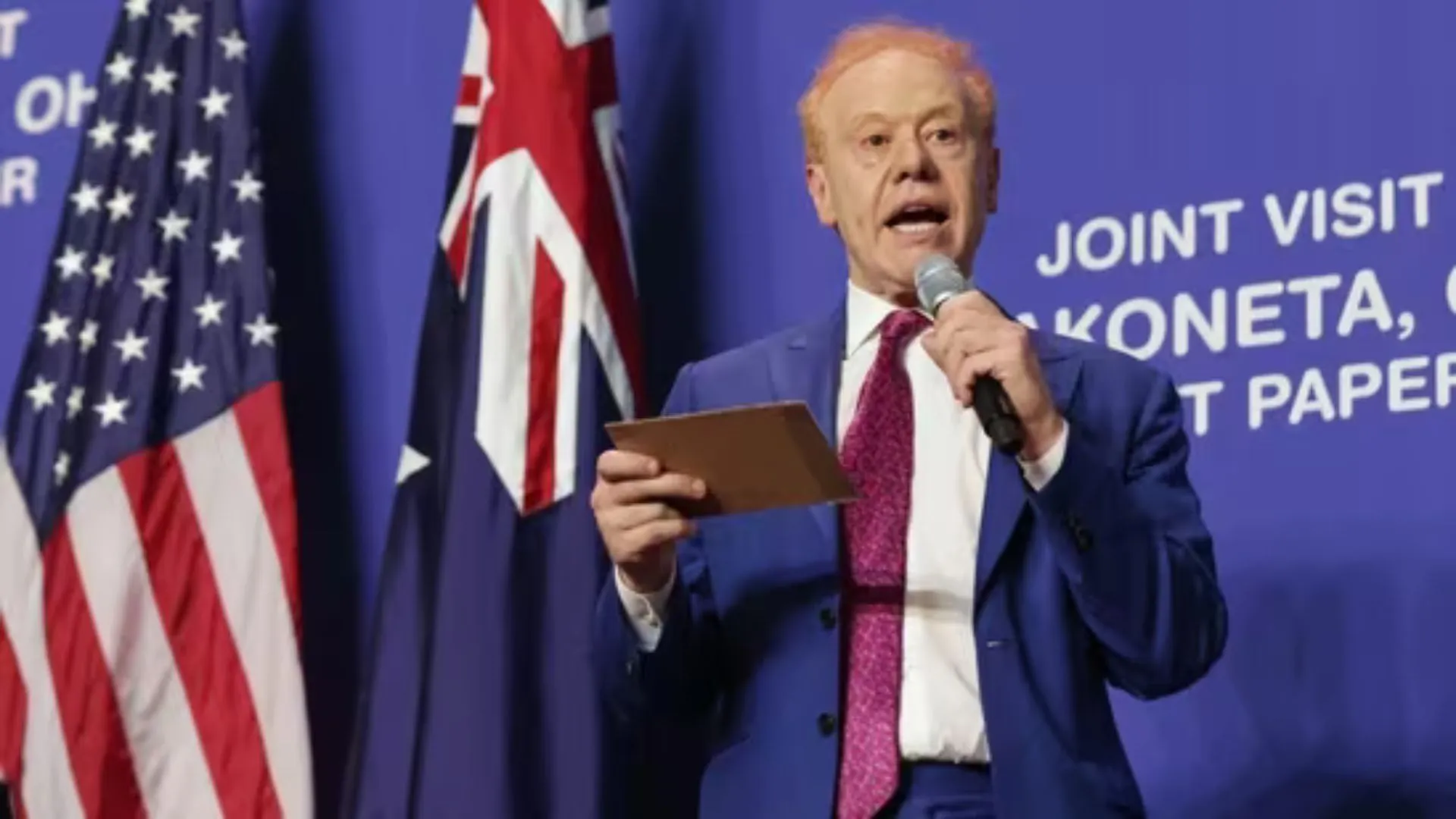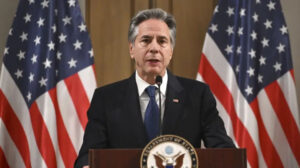The United States confirmed on Saturday that it had contacted Hayat Tahrir al-Sham (HTS), the rebel group that recently overthrew President Bashar al-Assad’s regime. This announcement came despite the U.S. designating HTS a terrorist group in 2018. Secretary of State Antony Blinken confirmed the “direct contact” but did not specify how the communication occurred. This was made public during talks in Aqaba, Jordan, which focused on Syria’s future.
Support for a Peaceful Syria
In addition, diplomats from the U.S., Turkey, the EU, and Arab countries issued a joint statement expressing their full support for Syria. They called for a peaceful, inclusive, and non-sectarian government. Furthermore, they emphasized the need for a Syrian-led transition with respect for human rights and a transparent process. As they stated, “Syria finally has the chance to end decades of isolation.”
Meanwhile, Turkey, a key player in Syria, reopened its embassy in Damascus, marking a significant shift after a 12-year hiatus. This move reflects Turkey’s growing ties with HTS, which led the offensive that toppled Assad.
Calls for Dialogue and Humanitarian Aid
Moreover, Geir Pedersen, the UN’s special envoy for Syria, urged diplomats to prioritize humanitarian aid and support for state institutions in Syria. In a similar vein, the head of the Syrian Democratic Forces, backed by the U.S., called on Kurds to support Syria’s dialogue process.
Additionally, Qatar, unlike other Arab states, never restored relations with Assad after 2011. A Qatari diplomat announced plans for a delegation to visit Syria for talks on aid and embassy reopening. EU foreign policy chief Kaja Kallas also stated that the EU is interested in Syria’s reconstruction.
Assad Flees as Rebels Take Damascus
Reports confirmed that Assad fled Syria last weekend, just before rebel forces seized Damascus. His departure ended more than a decade of brutal rule, leaving many Syrians in disbelief. This sudden shift marked the unexpected collapse of a regime that had caused immense suffering. The civil war, which killed over 500,000 people and displaced millions, finally came to an end.
HTS Seeks Change, U.S. Cautious
Although HTS was originally linked to Al-Qaeda, the group has attempted to moderate its rhetoric. Despite being labeled a terrorist organization, HTS now promises to protect the rights of Syrians and uphold the rule of law. However, Blinken emphasized that “what matters is action – and sustained action,” implying that the U.S. will take further steps depending on HTS’s behavior.
In Damascus, businesses are cautiously reopening. For example, one bar owner shared that the rebels told him, “You have the right to work and live your life as you did before.”
Nevertheless, UAE presidential adviser Anwar Gargash cautioned that HTS’s promises of unity should be approached with skepticism.
Syria’s Struggles Continue
Despite these changes, Syrians still face significant hardships. Thousands are searching detention centers for loved ones who disappeared under Assad’s regime. Former prisoners like Mohammed Darwish are returning to the places where they were once held, seeking closure. “When the door closed behind us, we were plunged into the depths of despair,” Darwish recalled.
Moreover, the country continues to suffer from the effects of war, inflation, and shortages. The situation remains volatile, with military strikes ongoing. The Syrian Observatory for Human Rights reported that at least four rebel fighters were killed in an ambush by forces loyal to Assad.
Regional Tensions and Military Strikes
Assad’s fall has shifted regional dynamics. Russia, a key ally, reportedly assisted him in fleeing. Similarly, Iran and Hezbollah now face new challenges, with Hezbollah’s leader admitting that Assad’s departure limits support through Syria.
In addition, Israel and Turkey have carried out airstrikes in Syria. The Syrian Observatory reported over 60 Israeli strikes on Saturday alone. Gargash criticized these strikes as “dumb politics,” although he acknowledged Israel’s practical reasoning.
The UN reported that Israel has deployed troops into the Golan Heights buffer zone, violating a 1974 armistice. HTS leader Abu Mohammed al-Jolani condemned the escalation but stated that Syria’s exhaustion prevents further conflict.














